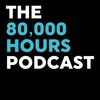

80,000 Hours Podcast
Rob, Luisa, and the 80000 Hours team
Unusually in-depth conversations about the world's most pressing problems and what you can do to solve them.
Subscribe by searching for '80000 Hours' wherever you get podcasts.
Hosted by Rob Wiblin and Luisa Rodriguez.
Subscribe by searching for '80000 Hours' wherever you get podcasts.
Hosted by Rob Wiblin and Luisa Rodriguez.
Episodes
Mentioned books
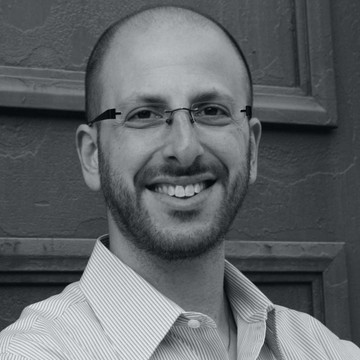
Apr 20, 2021 • 2h 36min
#97 – Mike Berkowitz on keeping the US a liberal democratic country
Mike Berkowitz, the executive director of the Democracy Funders Network, discusses the fragility of liberal democracy in the U.S., emphasizing the difference between laws and customs. He highlights the risks of partisanship and the importance of reforming the political system to uphold democratic norms. Topics include the aftermath of the 2020 election, the fight against voter suppression, and the role of local journalism in a healthy democracy. Berkowitz advocates for cross-ideological collaboration to combat rising polarization and sustain democratic integrity.
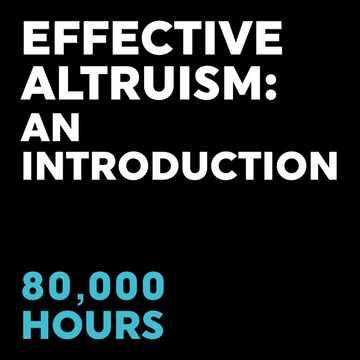
Apr 15, 2021 • 3min
The ten episodes of this show you should listen to first
Explore the unveiling of a new podcast feed designed to introduce effective altruism. Listen to a curated collection of ten essential episodes that simplify complex ideas and challenge listeners to think clearly about important issues. Discover key topics like longtermism and various approaches to pressing global problems. This is a perfect gateway for newcomers and a helpful tool for recommending the philosophy to others interested in making a difference.

35 snips
Apr 6, 2021 • 2h
#96 – Nina Schick on disinformation and the rise of synthetic media
Nina Schick, author of "Deepfakes: The Coming Infocalypse," dives into the daunting world of disinformation and synthetic media. She explains why fears surrounding deepfakes may be exaggerated, yet warns of their potential to reshape societal trust. Nina argues that misinformation is as critical as climate change, highlighting the erosion of trust in media. She discusses lessons from Estonia on combating disinformation and emphasizes the need for innovative solutions to authenticate media. The conversation raises vital questions about ethics and accountability in the age of deepfakes.

Mar 26, 2021 • 1h 24min
#95 – Kelly Wanser on whether to deliberately intervene in the climate
In this engaging discussion, Kelly Wanser, founder of SilverLining and advocate for climate intervention research, tackles the urgent need for geoengineering solutions. She highlights innovative methods like cloud manipulation and the ethical complexities surrounding their use. Kelly points out that even with ideal efforts, some global warming is now unavoidable, making proactive strategies critical. The conversation delves into public perception, the risks of misuse in warfare, and the necessity for global cooperation in navigating climate challenges.
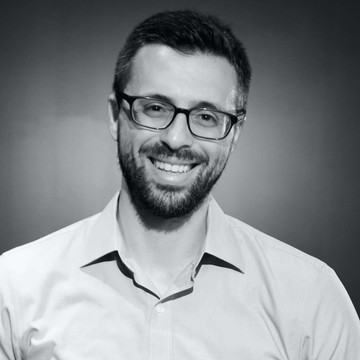
20 snips
Mar 20, 2021 • 1h 45min
#94 – Ezra Klein on aligning journalism, politics, and what matters most
Ezra Klein, a leading journalist at Vox and The New York Times, discusses the urgent issues often overshadowed in the media, like AI's impact compared to tax debates. He advocates for prioritizing topics like animal rights and sustainable food solutions, emphasizing their societal importance. Klein critiques the polarization in politics and journalism, urging for a shift towards effective altruism. He highlights the need for a new narrative in media, encouraging journalists to engage audiences meaningfully while balancing their responsibilities with the complexities of modern existence.
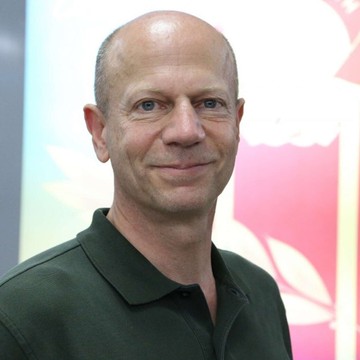
15 snips
Mar 12, 2021 • 1h 54min
#93 – Andy Weber on rendering bioweapons obsolete & ending the new nuclear arms race
Andy Weber, former U.S. Assistant Secretary of Defense, dives into the urgent issues of bioweapons and nuclear threats. He argues that advances in genetic sequencing could render bioweapons obsolete and enhance global health security. Weber highlights the lingering dangers from the Soviet era and the need for robust investments in health technologies. He also addresses the complexities of nuclear arms control and the strategic dynamics that shape today's security landscape, making a compelling case for proactive measures to prevent catastrophe.
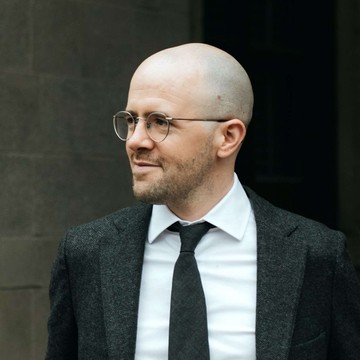
Mar 5, 2021 • 2h 56min
#92 – Brian Christian on the alignment problem
In this engaging discussion, bestselling author Brian Christian delves into AI's alignment problem, drawing from his insights in 'The Alignment Problem.' He connects dopamine and reinforcement learning to the human experience, illustrating how curiosity affects both humans and AI. Brian shares fascinating stories, like a student teaching a military vehicle to drive itself and the evolution of neural networks. He emphasizes the importance of designing AI with aligned values to address societal challenges while navigating ethical dilemmas and technological advancements.
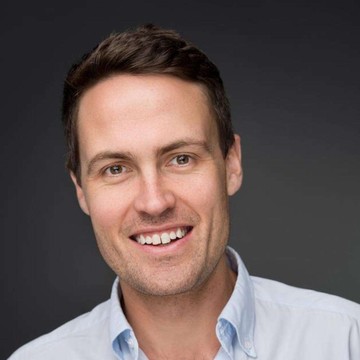
Feb 15, 2021 • 2h 33min
#91 – Lewis Bollard on big wins against factory farming and how they happened
Lewis Bollard leads Open Philanthropy’s strategy for farm animal welfare, with a background at the Humane Society. In this conversation, he discusses significant advancements in the animal welfare movement and the rise of plant-based alternatives. Topics include the declining costs of plant-based meat, corporate reforms in animal welfare, and the challenges faced by the advocacy community. Lewis sheds light on recent legislative wins and highlights the importance of innovative thinking to accelerate change in animal welfare practices.

21 snips
Feb 3, 2021 • 1h 58min
Rob Wiblin on how he ended up the way he is
Misha Saul, Rob Wiblin's childhood friend and host of the Eureka Podcast, unpacks Rob's influences and formative experiences. They explore how Rob's parents shaped his worldview and their teenage obsession with philosophy. The duo reflects on the timeless appeal of 'The Lord of the Rings' and navigates through debates on vegetarianism, effective altruism versus traditionalism, and the challenges of learning Spanish during Rob's time in Spain. They also tackle the complexities of modern parenting and draw historical parallels to current U.S. socio-political issues.

Jan 21, 2021 • 2h 59min
#90 – Ajeya Cotra on worldview diversification and how big the future could be
Ajeya Cotra, a senior research analyst at Open Philanthropy, dives into the intriguing world of effective altruism and cause prioritization. He discusses a thought experiment involving anthropic reasoning, pondering the implications of a coin flip on charitable giving. The conversation also explores longtermism, balancing immediate impacts with future risks, and the complexities of space colonization. Cotra emphasizes the importance of diverse worldviews in philanthropy and the role of innovation in navigating existential challenges through strategic giving.


